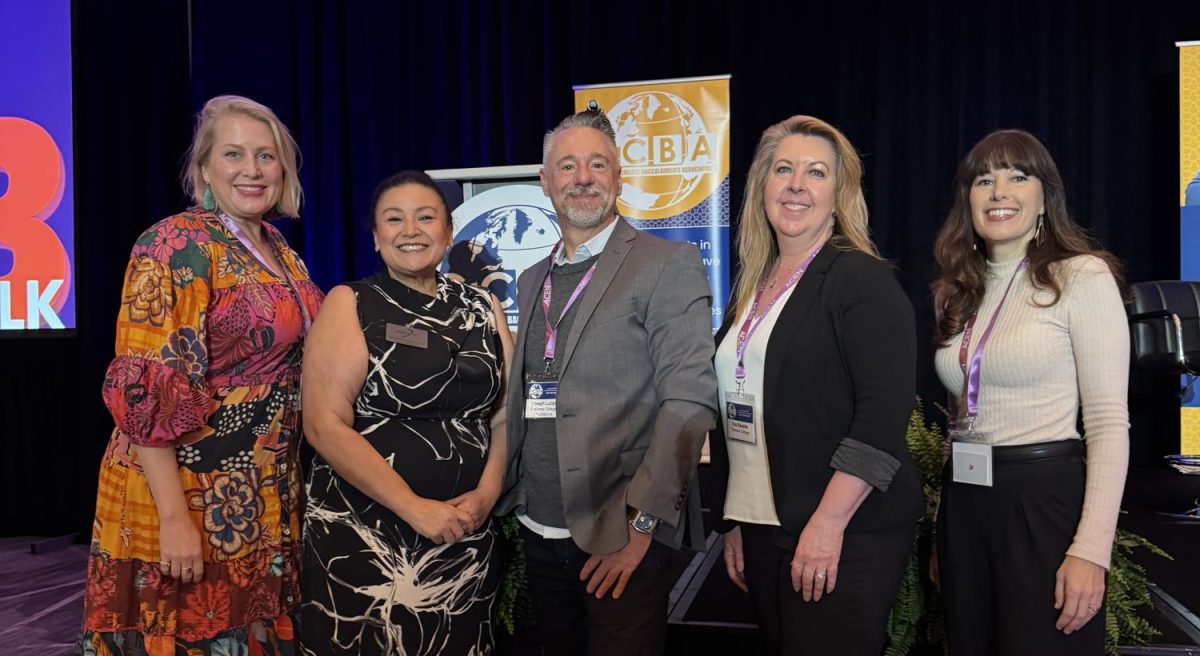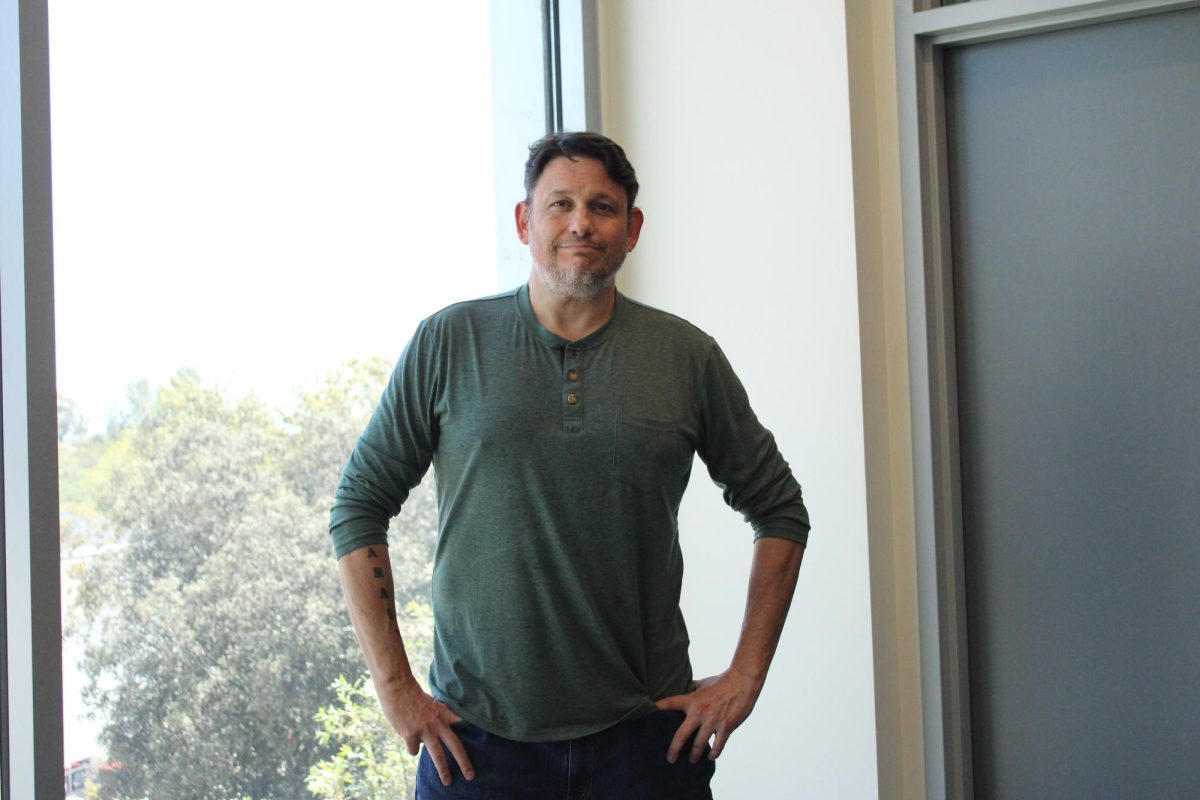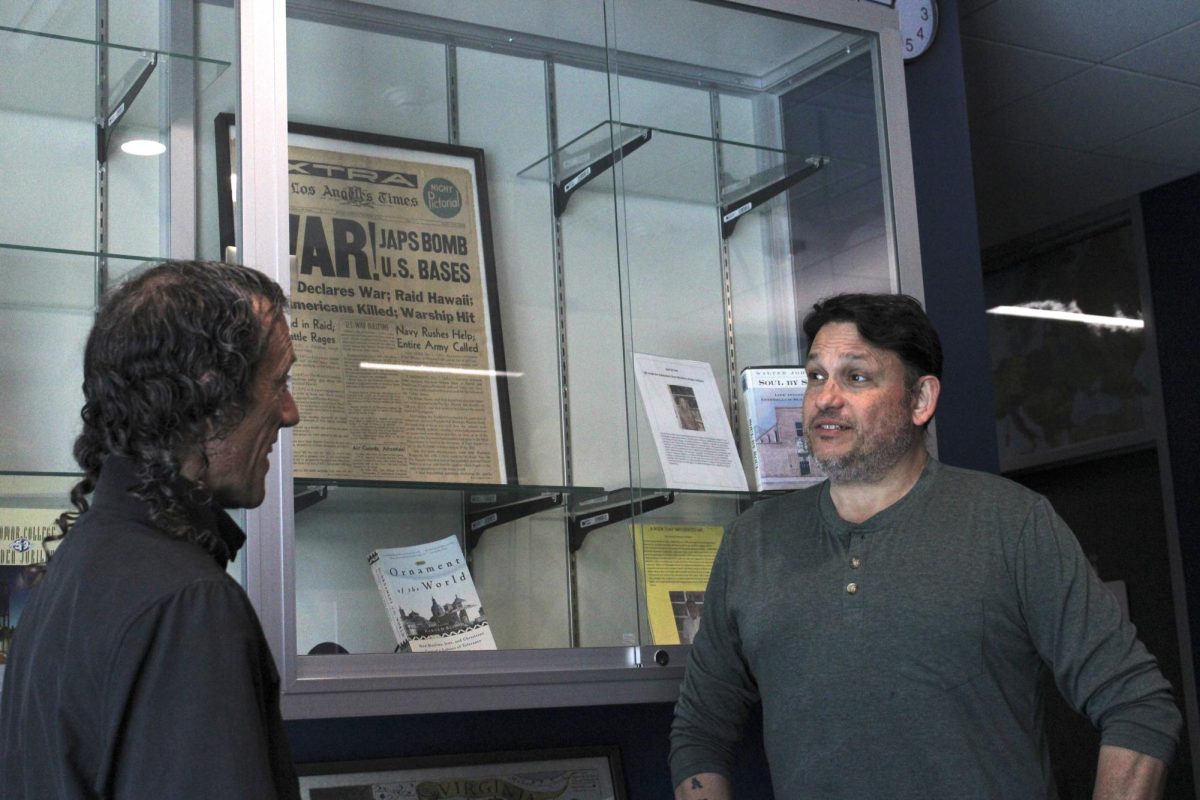Textbooks are now being made affordable to any student, at nearly no cost at all.
A new program is being implemented for college students, a zero-cost textbook agreement. Designed to save students money and allow them to take the classes they need without the burden of paying for books.
April Cunningham, one of the managers of the program, explained the program to be a benefit not just for students, but for faculty as well.
CALM, which stands for Comets Affordable Learning Materials, is made up of a few different parts. “It’s the faculty coming together to support each other to help reduce textbook costs.”
The program began last February, when the school was given a grant to work on the project. “The California Chancellor’s Office gave us the funds to learn more about zero textbook cost degrees and see if it was something we could move towards here at Palomar.”
Cunningham explained the initial testing of the project.
“We were able to give 20 faculty members some money to begin implementing these ideas, to see whether or not it would work for their class. We had faculty from all different disciplines who either found ways to completely reduce textbook costs, or they were able to slowly move in that direction.”
The response from faculty and staff has been a group effort. “Their work is ongoing,” Cunningham added. “We will keep training faculty different ways to reduce textbook costs. We’re spearheading the effort to help highlight the low and high textbook costs in the schedule of classes, and that will start soon. It’s faculty, the bookstore and the Office of Instruction that are all working together to find the best way to do that.”
Kelly Falcone, who also assisted in the creation of the program with Cunningham, helped to write the grant that would allow for better professional development with faculty and staff on textbook affordability.
“Both California State University San Marcos and MiraCosta College had two different grants that assisted with textbook affordability,” Falcone said. She agreed that while Cal State San Marcos had already implemented the use of the CALM logo, Cougars Assisted Learning Materials, they had agreed to allow Palomar College to use it, changing it to Comets. Both Falcone and Cunningham hope that when students transfer, they will be familiar with zero-cost textbooks already from other colleges.
Falcone understood that some teachers would try and get the cost of textbooks, down initially, hoping to aid students. “Some classes can’t get the price of their books down completely,” Falcone said. “We wanted to highlight classes that aren’t just zero-textbook cost, but also low text-book cost.”
Falcone explained the initial grant and the push for the program from legislation. Some of the classes that offer low-cost, zero-cost textbooks will have a logo next to the class upon students adding it to their list of classes.
“This is a game changer,” Falcone said on how this will affect publishers, textbooks and open sharing of resources. “We recognize student and faculty have been doing a lot to reduce text-book cost.” She added that now that they have the license to distribute work at an affordable cost, it’s sharing that they didn’t have the ability to do in the past.
Some of the benefits of the CALM program is that it offers Open Educational Resources (OER), which are online and hard copy texts that are written and reviewed by experts, maintaining the same material as mainstream college textbooks, but at no cost. According to the Student PIRG’s website, Public Interest Research Groups, students could save over 80 percent on average, just from using OER’s instead.
Zero-cost textbooks would be a great addition to classes that are being implemented in the Spring of 2018.
“It’s way too expensive to buy books, especially when you consider that some classes don’t use them,” Palomar student Kyle Jereza said. “We were told to buy the book for the class, but then we ended up never using it.”
“I think the most expensive part of going to school is the textbooks,” Jereza continued, and his colleague agreed. “This would save us a lot of money,” Jessica Sanchez said.
Both Falcone and Cunningham added that everyone is coming on board, including the Palomar Bookstore.
“The bookstore has been great,” Cunningham stated. “They want to help students, and this also is a bigger movement than just Palomar. Colleges have to find new ways to stay engaged, relevant, when there is this movement to open education.”
“We’re essentially piloting it with the Spring schedule,” Cunningham added. “Even books that require codes will be considered part of the textbook costs.”
Cunningham believes it may not be right for every class, but she does want everyone to be talking about this and to be paying attention to the rise of textbook costs.
“The goal is to see that it’s saving students enough money that they’re able to take any classes they want, and aren’t having to make a tradeoff.”







